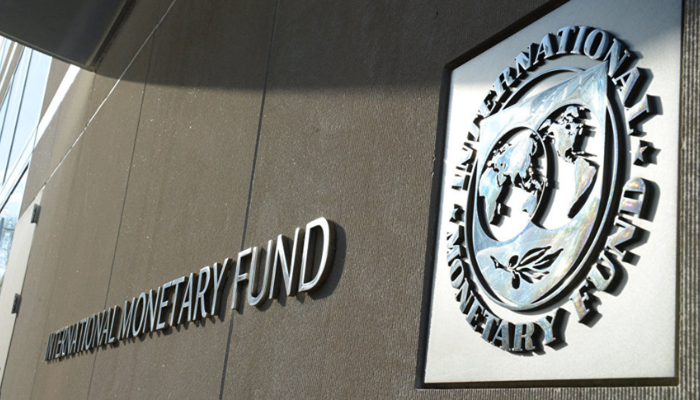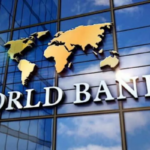The International Monetary Fund (IMF) has reduced Nigeria’s economic growth forecast for 2025 to 3.0 per cent. This marks a drop from the earlier 3.4 per cent estimate given for 2024.
The revision was included in the IMF’s April 2025 World Economic Outlook. The Fund cited falling oil production and growing global trade tensions as key reasons for the downgrade.
According to the report, oil-exporting low-income countries such as Nigeria are expected to experience declining revenues and limited fiscal space.
Read also: Nigeria, Mexico launch bilateral chamber to boost trade and investment
“Exporters are set to see weakening oil supply and declining revenues, which will affect fiscal space,” the IMF stated.
Inflation forecast at 26.5% for 2025
The IMF projects Nigeria’s headline inflation to average 26.5 per cent in 2025. This follows the recent rebasing of the Consumer Price Index (CPI) by the National Bureau of Statistics.
While the figure shows a slight improvement from the estimated 33.2 per cent in 2024, the Fund expects inflation to rise again, reaching 37.0 per cent in 2026.
Read also: Lagos urges agricultural stakeholders to embrace AI and technology for food security
Oil revenues under pressure
Weakened global demand is taking a toll on oil-exporting nations. For Nigeria, reduced oil supply and declining crude earnings are expected to place further pressure on government revenue.
The IMF warned that this will constrain fiscal operations, limiting the ability of the government to meet public spending needs or drive growth through fiscal policy.
Read also: Africa Finance Corporation surpasses US$1bn revenue for the first time
Global trade tensions add to challenges
The IMF raised concerns about increasing trade restrictions, particularly new tariffs introduced by the United States. These policies have led to a rise in uncertainty for global markets.
Pierre-Olivier Gourinchas, IMF Chief Economist, noted that the world is entering “a new era” of economic change.
“We are seeing a global shift, marked by new trade barriers and realignment,” he said.
The IMF stated that such trade tensions could result in prolonged disruptions to supply chains and global commerce.
Read also: Peter Obi urges African countries to invest in human capital amid global trade uncertainty
Sub-Saharan Africa faces slower growth
The Fund also lowered its growth projections for sub-Saharan Africa. The region is expected to experience slower economic expansion, driven by lower commodity demand and internal fiscal constraints.
A potential recession in the United States poses additional risks. Many African economies, including Nigeria, maintain strong trade and financial ties with the U.S., which could amplify the impact.
Global inflation and policy uncertainty
Worldwide inflation remains high, particularly in advanced economies. Central banks, such as the U.S. Federal Reserve, are now dealing with complex decisions as they try to manage inflation alongside shifting trade dynamics.
The IMF acknowledged that economic forecasting has become increasingly difficult due to global uncertainty.
“Policymakers must prepare for a prolonged period of volatility,” the report concluded.










